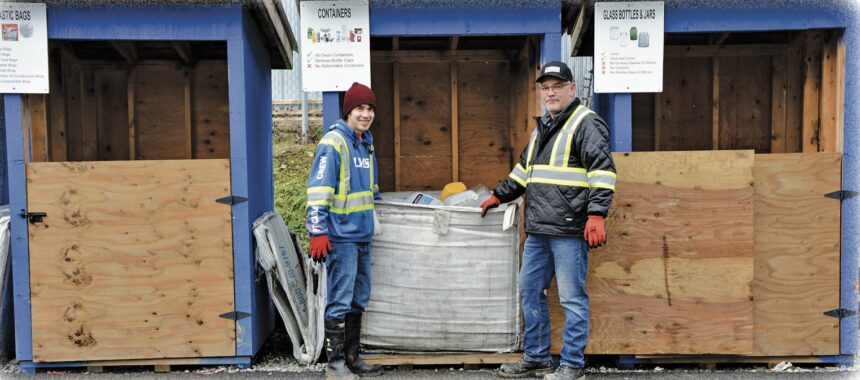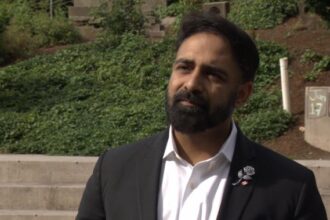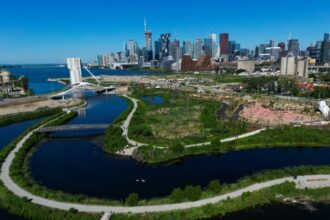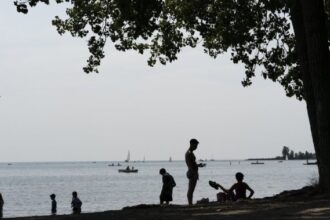In the misty valleys of British Columbia’s coastal region, an environmental revolution is quietly taking shape. Indigenous communities across the province have launched a groundbreaking zero waste initiative that may soon reshape Canada’s approach to waste management. What began as localized efforts to protect ancestral territories has evolved into a sophisticated network of sustainable practices that major municipalities are now studying with intense interest.
“Our ancestors lived on these lands for thousands of years without creating waste that harmed future generations,” explains Chief Miranda Wilson of the Sts’ailes Nation. “We’re not inventing something new—we’re reclaiming traditional knowledge and combining it with modern technology to address today’s challenges.”
The initiative, formally established in 2024, has already demonstrated remarkable results. Participating communities have reduced landfill-bound waste by 78% in just 12 months, significantly outperforming provincial averages. The program combines traditional Indigenous conservation principles with cutting-edge circular economy models.
At the heart of the approach is a community-centered waste processing system that transforms organic matter into agricultural resources. Unlike conventional municipal programs, the First Nations model incorporates cultural practices that view waste not as something to discard, but as material for regeneration.
“We’ve implemented a system where community members separate waste into seven categories rather than the typical three,” explains environmental coordinator Jasmine Mack. “This includes special streams for sacred materials and items that can be repurposed through traditional crafting techniques.”
What makes the initiative particularly noteworthy is its economic impact. The program has created 67 new jobs across participating communities, from waste management specialists to educators who teach both traditional and contemporary environmental practices in schools and community centers.
Federal officials have taken notice. Last month, Environment Canada announced a $12.3 million grant to expand the program to more communities across British Columbia and potentially to other provinces.
“Indigenous leadership in environmental stewardship represents one of our greatest opportunities for meaningful climate action,” stated Federal Environment Minister Robert Harding during the funding announcement. “This initiative demonstrates how traditional knowledge can inform and improve our modern waste management systems.”
The initiative has sparked particular interest in Canada’s business sector, with several corporations exploring partnerships to adapt elements of the program for urban settings. Toronto-based waste management company EcoSystems Inc. has already signed an agreement to implement aspects of the First Nations sorting system in three Ontario municipalities.
Critics initially questioned whether such an intensive separation and processing system could work in more densely populated areas, but early trials in smaller communities like Squamish have shown promising results. The town reduced its landfill contributions by 42% after adopting a modified version of the First Nations program.
Perhaps most significant is the cultural component of the initiative. Rather than treating waste management as merely a technical problem, the program incorporates educational elements that challenge fundamental assumptions about consumption and disposal.
“In our worldview, there is no ‘away’ when you throw something away,” notes Elder Thomas Baker, who serves as a cultural advisor to the program. “Everything goes somewhere. Our program helps people understand the full lifecycle of the things they use.”
As climate change concerns intensify and municipalities across Canada struggle with waste management challenges, this Indigenous-led initiative offers a compelling alternative that bridges ancient wisdom with contemporary needs. The question now facing policymakers and community leaders is whether mainstream Canada is ready to learn from Indigenous approaches that have sustainability woven into their very foundation.










